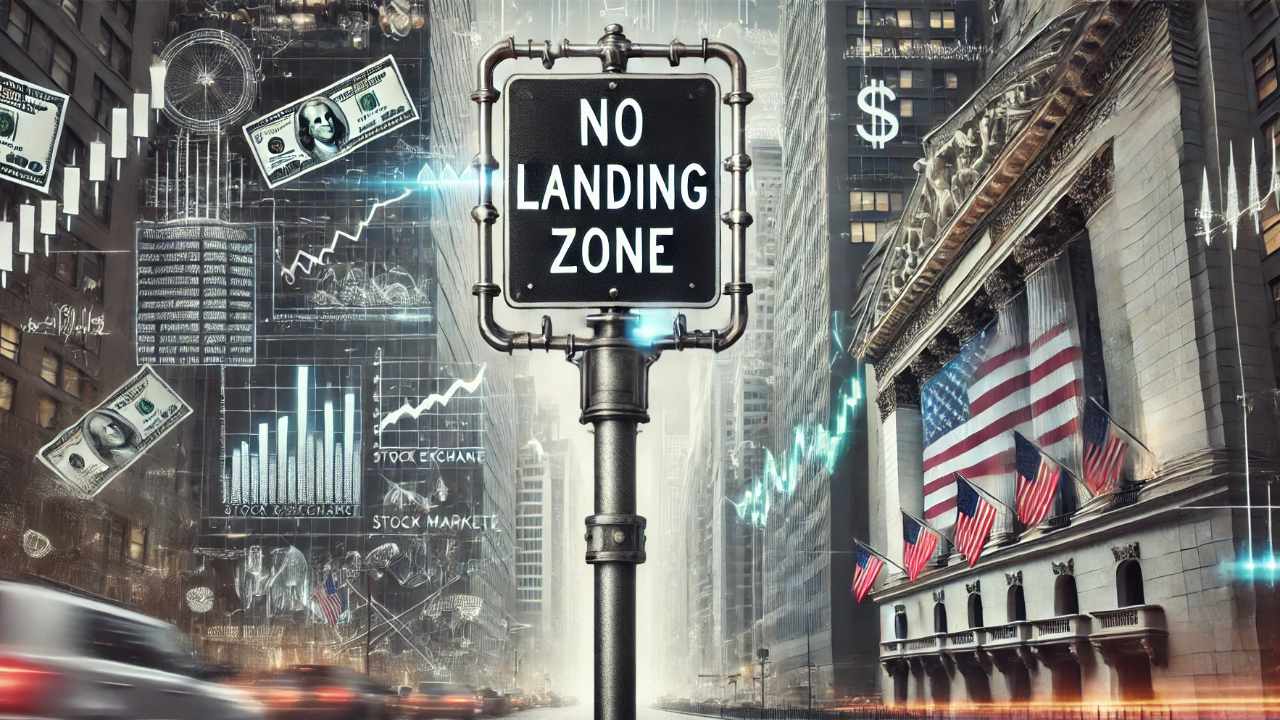
UBS Predicts ‘No Landing’ Scenario for US Economy
Investment banking giant UBS forecasts a “no landing” scenario for the U.S. economy, predicting sustained growth alongside manageable inflation that will support equities.
In a report published on Friday, the UBS editorial team explained that the Federal Reserve began a rapid series of interest rate hikes in 2022 to control high inflation and strong economic expansion. This spurred ongoing debates about whether the Fed could manage a soft landing or drive the economy into a recession. However, UBS suggests there could be a third path, where inflation approaches the Fed’s target while economic growth continues to exceed prior expectations. The UBS team pointed out:
“Recent data suggest that the U.S. economy is moving toward this ‘no landing’ scenario.”
Current economic data supports this outlook. The labor market has been more resilient than anticipated, with the latest nonfarm payroll report surpassing predictions and pushing the three-month average to a robust 186,000. Revisions to the past five years of data indicate that GDP growth has averaged 2.5% per year since 2019, showing stronger performance than initially expected. While industrial production dropped 0.3% in September due to factors such as the Boeing strike and hurricanes, retail sales saw a 0.4% rise, reflecting healthy household finances and income gains.
UBS also highlighted that inflation is continuing to trend towards the Federal Reserve’s target, allowing for more flexibility in rate cuts. While month-to-month inflation figures can fluctuate, the overall disinflationary trend remains intact. Noting that the personal consumption expenditures price index, the Fed’s preferred measure of inflation, recently recorded its lowest level since February 2021, UBS analysts stated:
“We believe inflation will be low enough for the Fed to continue cutting rates.”
Looking ahead, UBS anticipates market volatility as the U.S. presidential election approaches but does not expect it to undermine the broader economic momentum. UBS analysts noted:
“We expect volatility to rise in the run-up to the election, as neither party holds a clear advantage in any of the key swing states that will decide the outcome.”
“But the election is taking place against a backdrop of Fed rate cuts, US economic momentum, and supportive secular trends like artificial intelligence (AI). We would caution against knee-jerk or simplistic assumptions of equity market outcomes based on individual policies, as the potential implications will need to be viewed in the context of what can actually be implemented, and potential policy sequencing,” they added.
Source:news.bitcoin.com